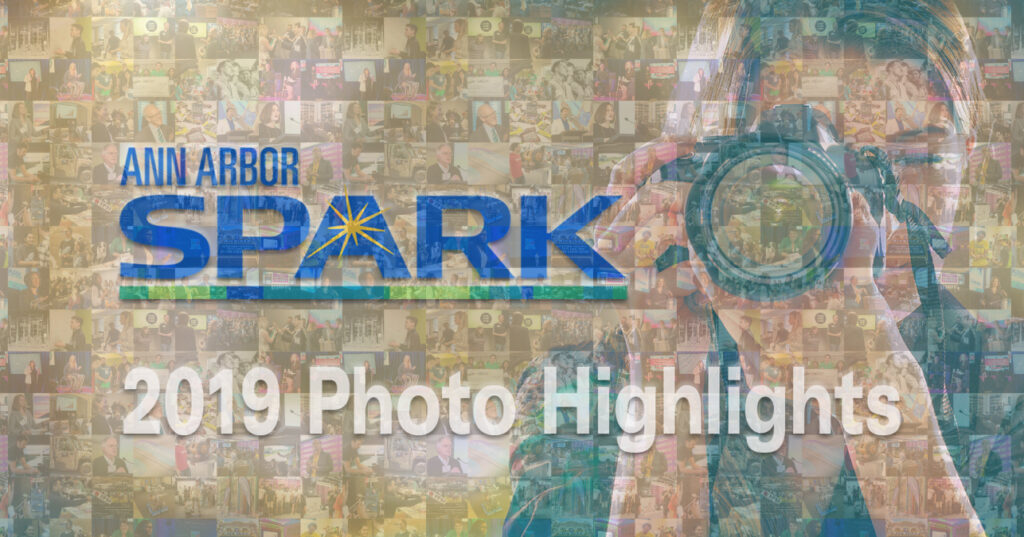
A look back on this week’s economic development headlines, announcements, and other share-worthy news from the Ann Arbor region.
NVIDIA buys Ann Arbor-based Parabricks. “Parabricks, an Ann Arbor, Michigan-based startup, developed a GPU-based solution that speeds up the process of analyzing whole genomes — all 3 billion base pairs in human chromosomes — from days to under an hour.” Congrats, Parabricks!
Ann Arbor AI startup Clinc expands into former Kiwanis Thrift Sale building. Listen to the full-length conversation featuring Lisa Sauve, principal of Syndecode Design Studio (and Clinc’s architect), and Michael Laurenzano, co-founder and CTO of Clinc during Tech Trek this summer.
SPARK heard from KLA’s site lead that they’ve hit 100 Ann Arbor-based employees — congrats! Check out the other positions available.
The University of Michigan receives a $20 million gift to establish the Maxine and Stuart Frankel Innovation Initiative. The money will be administered by Fast Forward Medical Innovation, a division of Michigan Medicine supporting biomedical research and entrepreneurship.
The next A2 BioSocial will happen on January 7 at the Pretzel Bell. Click here for more details and to register.
Vijay Sankaran, TD Ameritrade’s CIO and Ann Arbor resident, talks about getting back to basics to allow for innovation. “The desire to innovate was there, but the space we needed to do it wasn’t. It was as if we wanted to build a world-class skyscraper, but hadn’t worked out the plumbing.”
Check out Refraction AI’s delivery bot “in the wild” this week. More info on their delivery services here.
Our latest SPARK Insight employer newsletter is available.
Gregg Hammerman of Larky and Dave Haviland chat in the latest SPARK.grow podcast.
Richard Florida, urbanist and former SPARK annual meeting keynote, notes that smaller and more rural cities are on the rise. “The big knowledge and tech hubs which once had such a stranglehold on attracting talent seem to be losing their allure. Many places around the country now have bundles of amenities — renovated old buildings, coffee shops and good restaurants, music venues, and not least of all, more affordable homes — that can compete with the biggest cities.”
